| President Manuel Gonçalves Lourenço is pursuing an elite accused of siphoning off Angola’s wealth; In a new report, A2 Global Risk assesses whether his ambitions can be matched by an ability to recover assets, and what this means for foreign companies seeking opportunities there |
| When Manuel Gonçalves Lourenço was elected president of Angola in 2017, he surprised many observers by going after family members and associates of his predecessor, José Eduardo dos Santos, as part of his pledge to eradicate corruption. There is indeed much scope for tackling graft in developing countries, where USD20-40 billion is lost each year through corruption, according to the United Nations’ Office on Drugs and Crime. The sums involved often exceed payments received in overseas development assistance. Ensuring that businesses transactions are transparent reduces uncertainty and lowers the risk of uncompetitive practices. Protecting state institutions against corrupt practices can also ensure that all citizens are equal before the law and that taxpayers’ money is used correctly. But Lourenço’s efforts could be stymied by the complex and lengthy process of tracing, freezing, confiscating and returning stolen assets to the country. Repatriation is complicated by the involvement of multiple jurisdictions and technical, legal and political barriers. Questions have also been asked about why the president has excluded certain figures from his clampdown, which seems at odds with his public rhetoric. With politically exposed persons who have moved to the new administration still likely to dominate Angolan businesses until Lourenço’s efforts bring returns, where does this leave foreign companies seeking investment opportunities in Angola? In ASSET RECOVERY IN ANGOLA: Between ambition and capacity A2 Global Risk looks behind the headlines and provides an independent assessment of the business risks likely to affect companies looking to enter the Angolan market over the next three years. |
Angola’s corruption crackdown: Reality against Ambition?
Copyright 2024 REPORT AFRIQUE (RA). Permission to use portions of this article is granted provided appropriate credits are given to www.reportafrique.com and other relevant sources. This Article is Fact-Checked. See Policy.


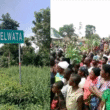

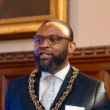
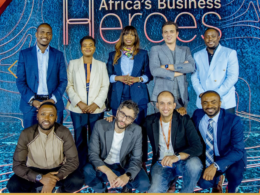
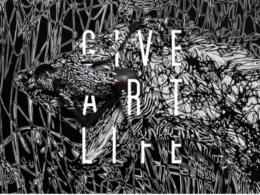
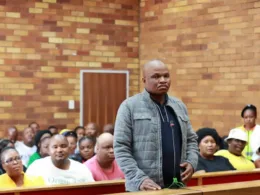
Join our Channel...